We are extremely proud to fund the production and distribution of The Survivorship Diary in loving memory of Cass Bennett.
The Survivorship Diary, a free resource for brain cancer patients and their families designed for patients, by a patient.
Cassandra Bennett was a mother, wife, daughter, athlete and accountant. In July 2018, at the age of 38, Cass was diagnosed with a Grade 2 astrocytoma, a slower growing, but intrusive brain tumour.
Together Cass and friend, Ana have built this diary to help patients and their families manage the various stages of treatment and to assist the many questions and challenges patients have as they learn to live with the disease.
This could be the hardest thing you have ever endured, but being organised and having a guide to navigating treatment will help you manage yourself and your health during this confusing time.

The Survivorship Diary, a free resource for brain cancer patients and their families designed for patients, by a patient.
In July 2018, Cass lead a busy life working for a large ASX-listed company, wife to husband Dan and Mum to two young sons, 3 and 5 years old. After experiencing headaches for several months, which were initially thought to be caused by sinusitis a visit to the GP and a subsequent CT scan revealed Cass had a brain tumour
Cass’ life changed rapidly after her first CT scan. She was immediately sent for an MRI and then asked to return to her GP surgery that same day. The next day, she saw a neurosurgeon and within a week underwent brain surgery. The diagnosis was an extensive diffuse Astrocytoma, which is a slow-growing form of brain tumour.
Cass faced a difficult journey of diagnosis and treatments ahead. She underwent surgery, multiple rounds of chemotherapy and radiation, and numerous MRIs and PET scans. While the future looked strikingly different to anything previously imagined, Cass remained hopeful and always believed that there was still a life to be lived, a family to be loved, children to be taught, and a community to be a part of.
Cass dedicated her time to raising awareness about brain cancer when she could no longer work. Her family and friends joined her in fundraising events like the Walk4Cancer, City2Surf in Sydney, Point to Pinnacle in Hobart and her most ambitious achievement completing the Big Three Trek from Newcastle to Sydney for the Mark Hughes Foundation. Cass sold water bottles, coffee cups and t-shirts to raise funds for a brain cancer research however, she wanted to do more to help patients with brain cancer, so she enlisted the help of her friend, Ana to help build The Survivorship Diary.
Together Cass and Ana have built this diary to help patients and their families manage the various stages of treatment and to assist the many questions and challenges patients have as they navigate treatment and learn to live with the disease.
On Saturday 27th of May 2023 Cass lost her battle with brain cancer. Cass cherished her family, friends and her desire to teach her children what it means to be a good human. Cass’ involvement in the brain cancer community will continue to inspire and impact the lives of many.
Survivorship to us means to focus on the health, wellbeing and quality of life of patients, as well as their families and carers. We strive to help you navigate and document the journey from diagnosis to treatment as well as the day to day management of life after receiving a brain cancer diagnosis.
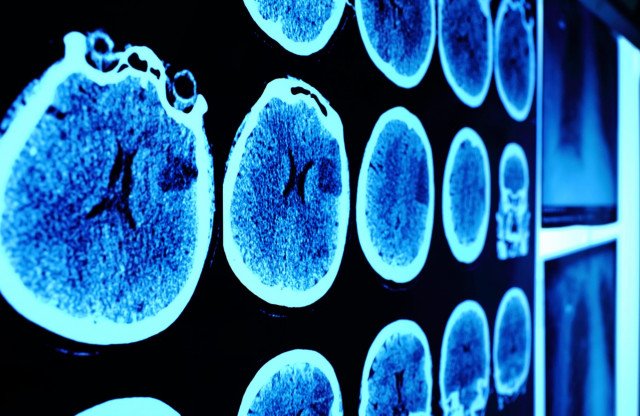
What is Brain Cancer? Brain cancer is a complex form of cancer and is treated by a range of specialists.
This chapter will provide information on the different types of brain tumours (primary or metastatic), help you understand new medical terms, and answer some common questions you may have during the early stages of your diagnosis.
You will also find resources to assist you in keeping track of where your tumour is located and what the next steps in your treatment plan are.
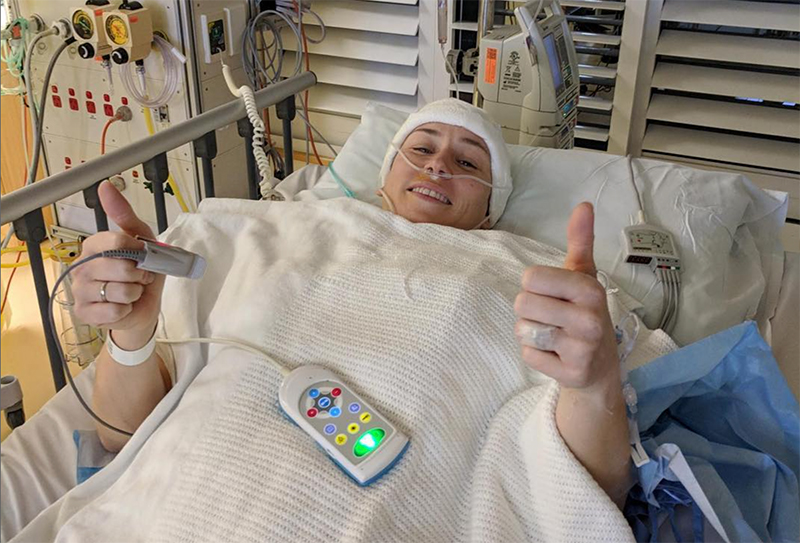
Surgery is often the first step in treatment. The primary goal of surgery is to establish a diagnosis by taking a biopsy of the tumour. The second goal of is to remove as much of the tumour as possible.
In this chapter, you will find guidance on the surgical process and recovery. Additionally, there is a designated section to keep track of your post-surgery notes and there is a hospital checklist provided to ensure you are well-prepared for the day of the surgery.
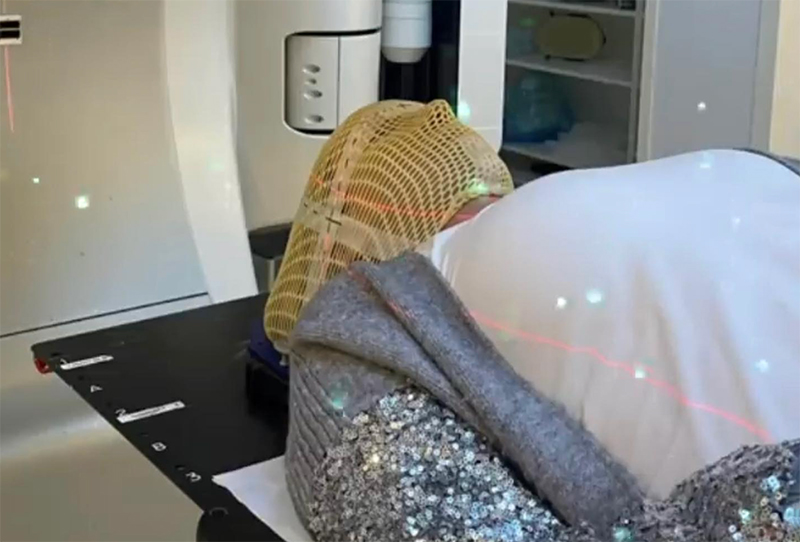
What to expect from Radiation. Radiation therapy is carefully planned for each individual to ensure an accurate dose is delivered to the tumour, and the minimal dose is delivered to the surrounding brain.
This chapter covers the process of treatment delivery, including schedules, post-treatment expectations, potential side effects, and important considerations before starting treatment.
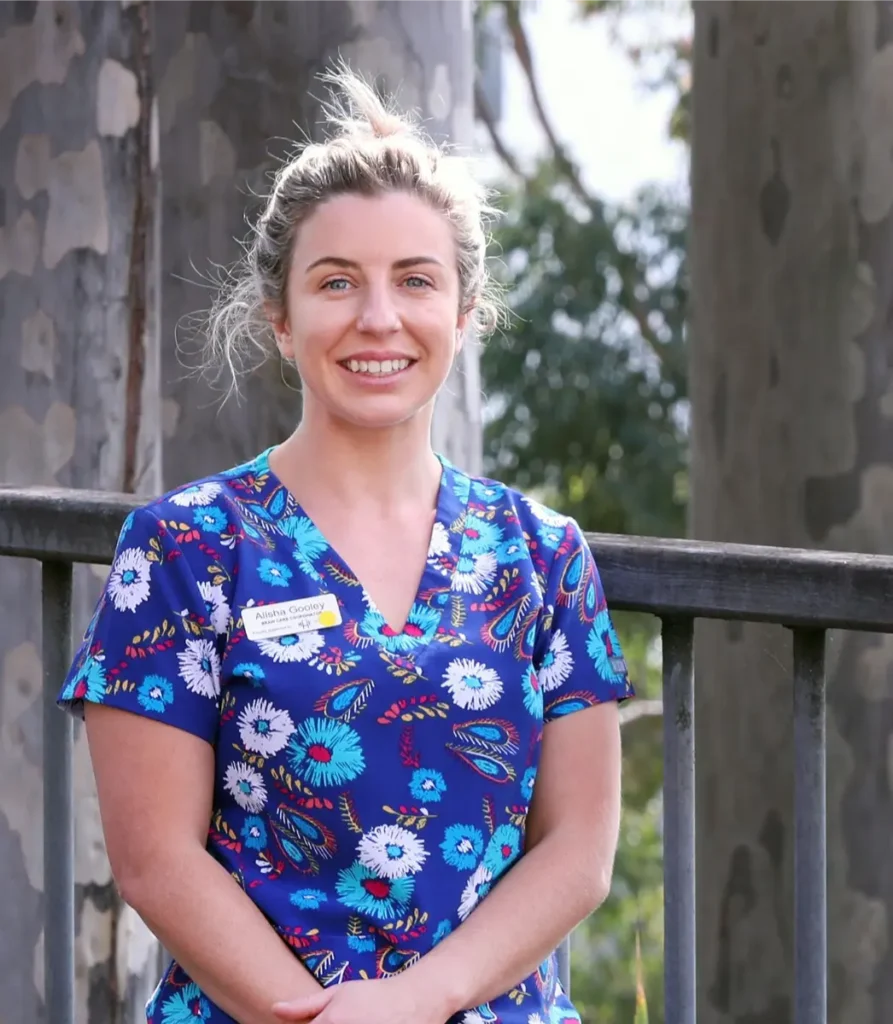
What to expect from Chemotherapy. Cancer cells are defined as cells that are growing and dividing faster than normal cells, chemotherapy works by stopping the cells from growing, dividing and making more cells.
In this chapter, we will discuss the various types of chemotherapy treatment options available, along with safety precautions to keep in mind. We also explore additional medications that can help manage symptoms and the impact of the disease on the patient’s overall health. Furthermore, we have included a medication management tracker where you can keep track of your prescribed medication protocols, as well as any reactions, side effects, or concerns you may have.
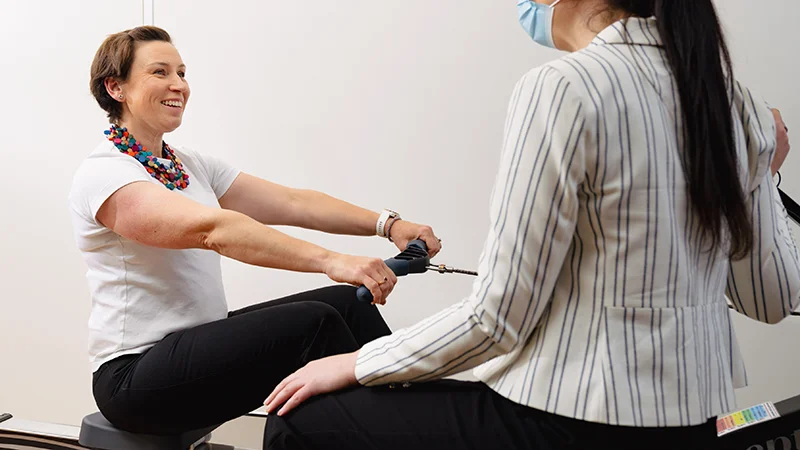
It’s important to equip yourself with the best resources. Treatment and management of your brain tumour will impact on your mental and emotional wellbeing.
In this chapter we focus on how you can keep on top of your overall mental health as well as loves ones while undergoing treatments and beyond.
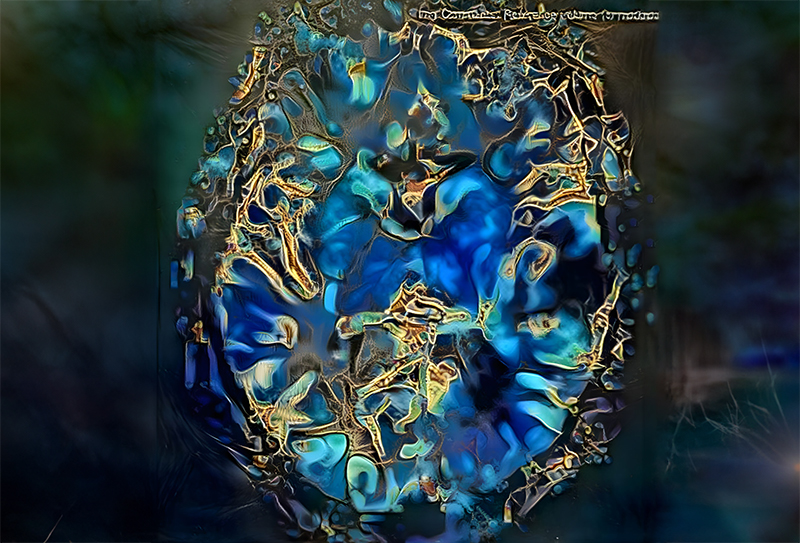
It’s common for patients to have neurological symptoms due to tumour or the treatments received.
These symptoms can differ from person to person and manifest in various ways.
This chapter discusses the symptoms that patients may encounter and how to manage different types of seizures and epilepsy. It also provides a seizure tracker to accurately document any neurological events.
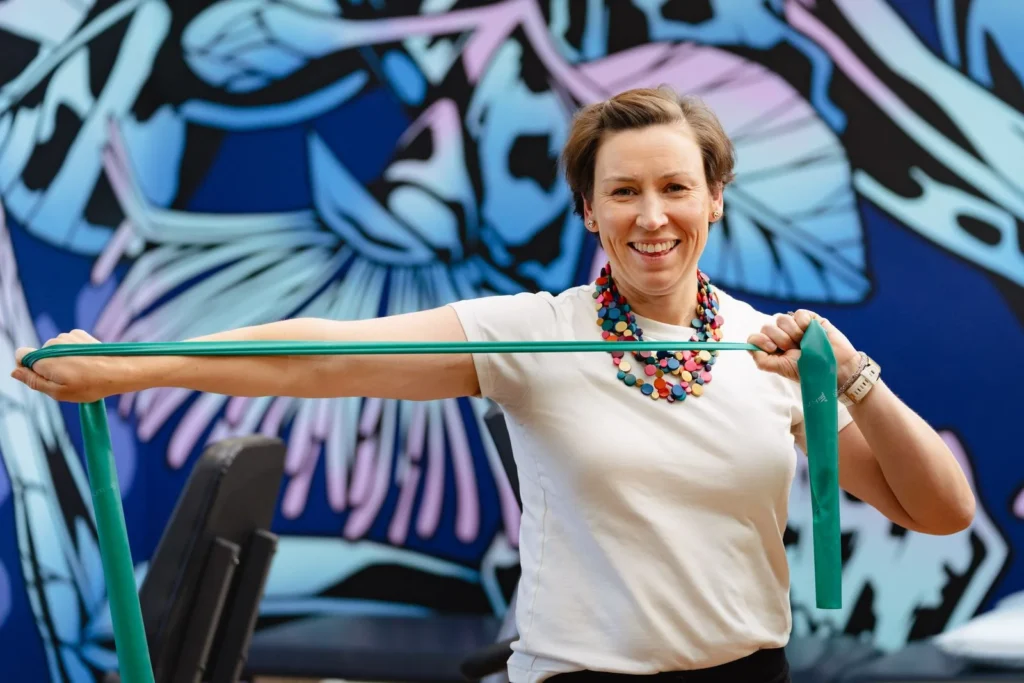
Diagnosis creates a whole new experience on life. It is important that patients are equiped to deal with a number of unexpected changes in their life.
This chapter discusses the importance of maintaining a good quality of life and taking care of both physical and mental health. Additionally, it includes information on helpful resources such as counselling and support services for patients, caregivers, and loved ones.
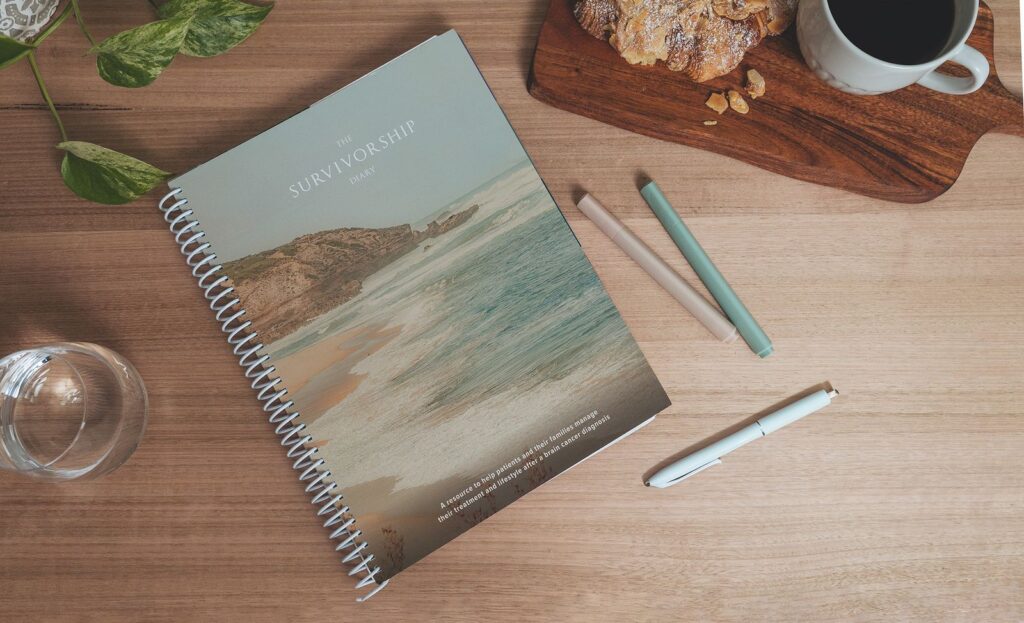
It’s important to understand your financial situation. Even if your immediate health outlook is positive, planning will help you manage any future changes in capability.
In this chapter, we will discuss how to understand the entitlements that come with employment, insurance policies, financial assistance, and government funding. We will also cover how to gather information about your financial obligations and make sure your financial wishes are discussed with your family and documented properly.

The discussions around Palliative Care can be difficult. Palliative Care focuses on the whole patient not just the cancer and it is known that early access can improve the patients life expectancy while assisting in the management of treatment.
This chapter discusses the responsibilities of the palliative care team and what services they can provide. Additionally, we emphasise the crucial role of the caregiver and the need to take care of them as well.
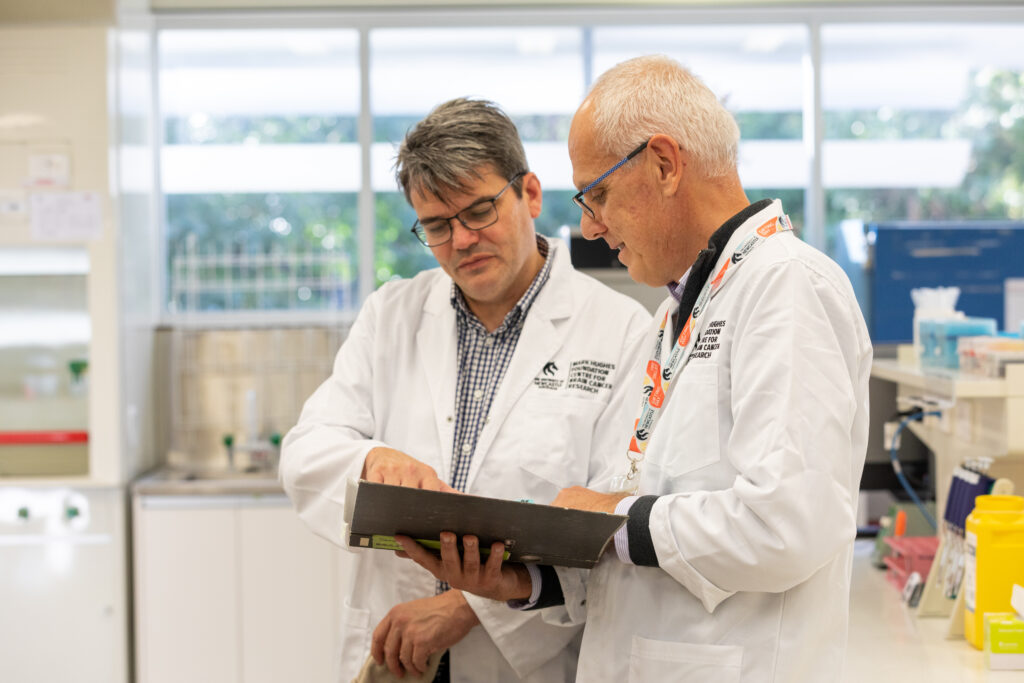
In the Survivorship Diary, we have mentioned several organisations and resources. In this concluding chapter, we will provide a summary of all these resources and their respective websites and contact details.
Cass was an inspiration to all who had the privilege of knowing her; she was full of life and love, and I’m incredibly grateful for the times we shared. With a bright spirit, Cass always took on the world with a can-do attitude.
Cass and I met through my husband Steve, and coincidently so did Cass and Dan. Steve and I had only been dating briefly when I got Cass’s big sister chat on a night out The extent of our conversation in a crowded bar over 10 years ago may be fuzzy, but these words will never leave me – Welcome to the team Ana…
Cass was a very caring person who always put others before herself. Despite her diagnosis, Cass remained active and focused on helping others throughout her illness. Even in her last days, she would check in on the nurses and physio, asking if they needed anything and offering them tea or coffee. Cass possessed an excellent combination of selflessness and determination in her nature.
Given our different backgrounds, Cass in the corporate world and myself in a creative field, I never would have imagined we would work together. However, all that changed in 2019 when I got a call from Cass saying so; I know you’re on mat leave, but I have an idea. Do you feel like doing some design work for me? (My son was 3 weeks old). But of course, it was a yes from me, and so our journey to create what is now Cass’ legacy began.
Cass was, in her words, “The Business” of brain cancer… Every word poured into this resource comes straight from her heart, and she took great care to ensure that the information provided to patients and their families is accurate and safe. She dedicated her time reading medical journals and researching global treatments while also seeking out medical professionals to ask questions on behalf of other patients for the Diary.
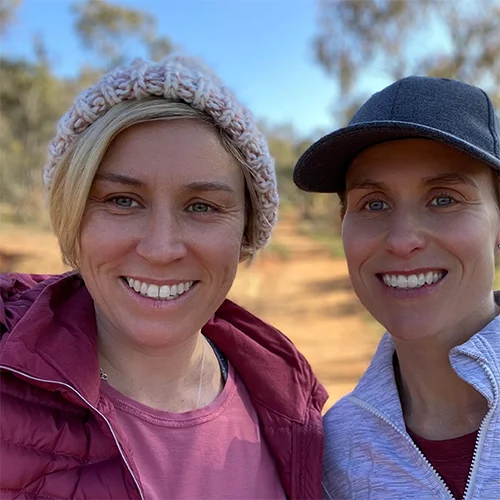

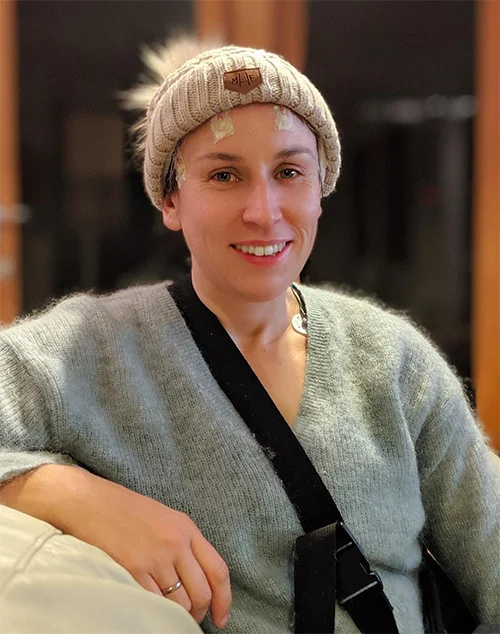
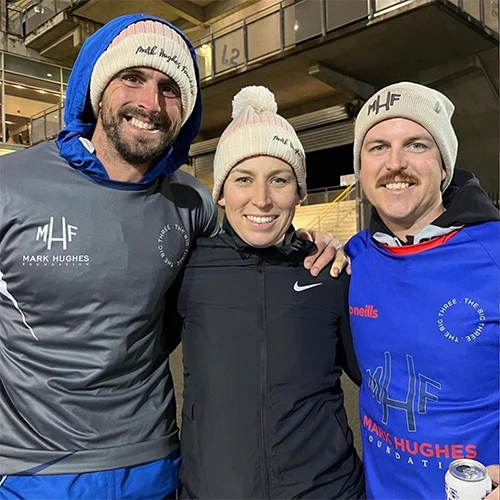
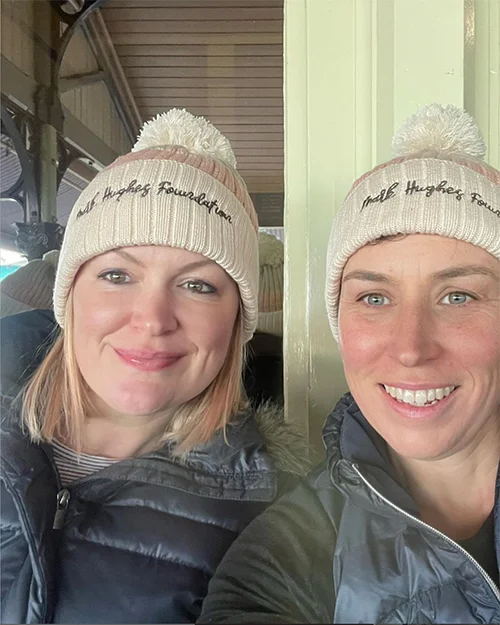
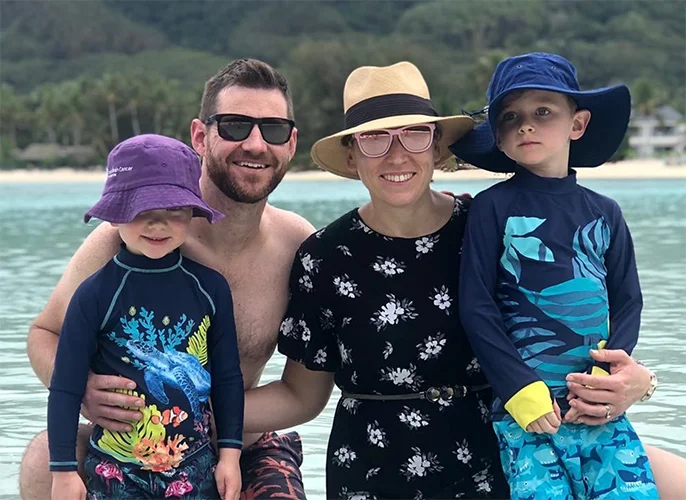
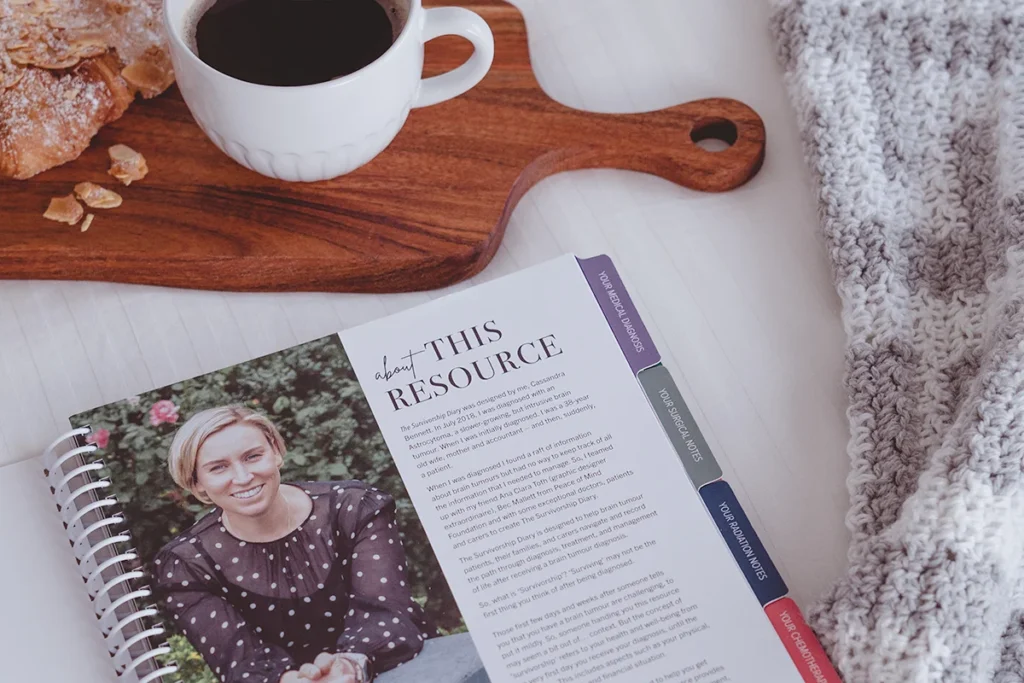
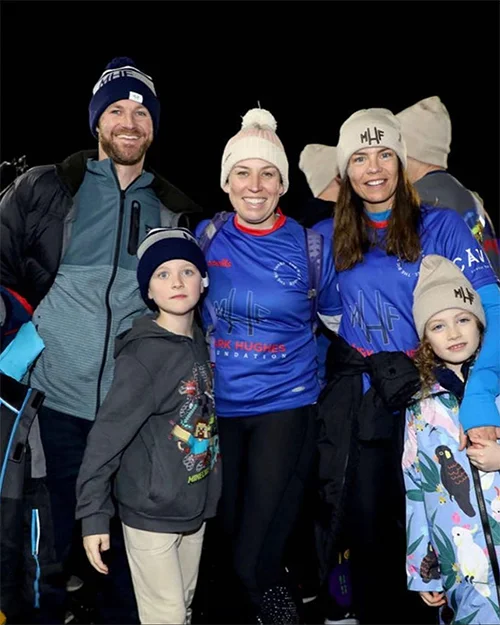
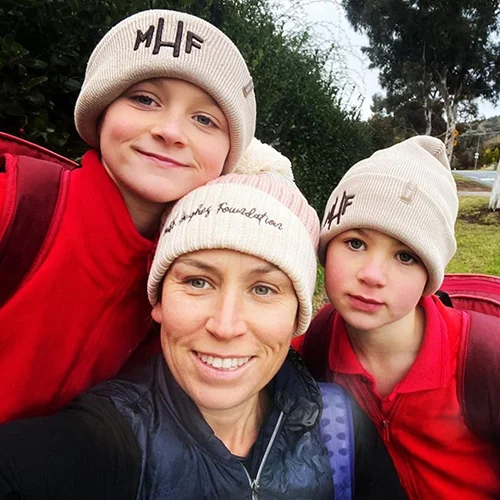
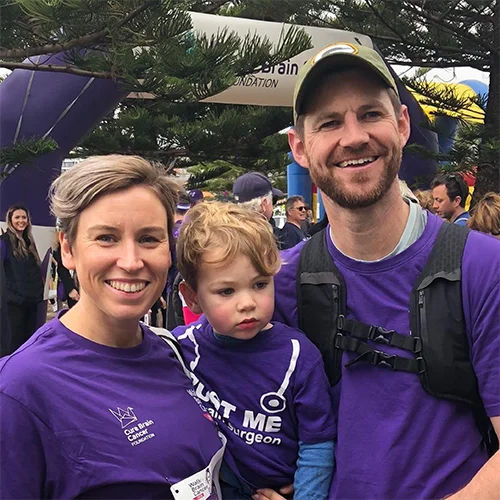
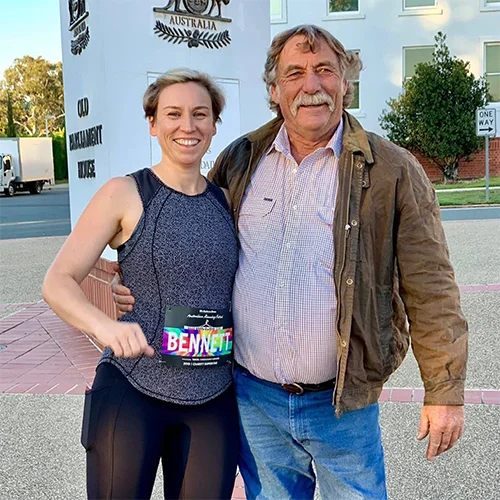
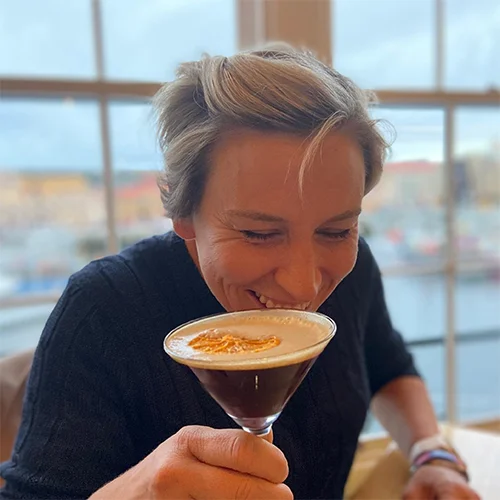
Cass even walked 150 km from Newcastle to Sydney to raise funds for a foundation that now plays an essential role in the successful distribution of The Survivorship Diaries nationwide – all while going through treatment herself. Cass created an excellent guide for individuals who are newly diagnosed with brain cancer. and the Survivorship Diary is now in its 3rd print run, meaning that over 2000 patients and their families around Australia have been gifted a copy to help them navigate this devastating disease.
Despite facing challenges such as Cass undergoing chemo and me having a toddler and newborn, we began developing the Survivorship Diary in late 2019. However, we were soon confronted with the additional obstacle of a worldwide pandemic. Despite this setback, Cass remained positive and saw it as a opportunity to dedicate more time to the Diary. Over the course of two years, we persevered through lockdowns and countless hours of Facetime while receiving outstanding assistance and support from our family, friends. Thanks to these efforts, we were able to bring Cass’s Survivorship Diary dream to fruition.
Cass always said Ana, if it wasn’t for you, the Survivorship Diary would be an ugly Excel spreadsheet on my computer. But in all reality, if it wasn’t for your great determination, strength and beautiful ability to network and fundraise for what you believed in, The Survivorship Diary would still be a PDF on my computer.
We experienced many significant milestones in life together, including weddings and the birth of our beautiful children. However, the change we made together for the brain cancer community is one of the most meaningful to me. I promise to uphold your legacy of the Survivorship Diary and strive to bring greater awareness to this cause, with the ultimate goal of finding a cure.
If you would like to share your story publicly with us, please submit your story on the form. We will endeavour to get back to you to acknowledge your submission but please be advised not all stories may appear on our website.
If you would like to share your story publicly with us, please submit your story on the form. We will endeavour to get back to you to acknowledge your submission but please be advised not all stories may appear on our website.
Brain cancer is the leading cause of cancer death in children, and adults aged under 40 in Australia, yet alarmingly very little is known about brain cancer, its causes or how it is treated.
That’s why we need your help. Every dollar helps in the fight against brain cancer. Your donation will go towards vital research to improve patient treatments and, hopefully, find a cure one day.
All donations of $2 or more are tax deductible.
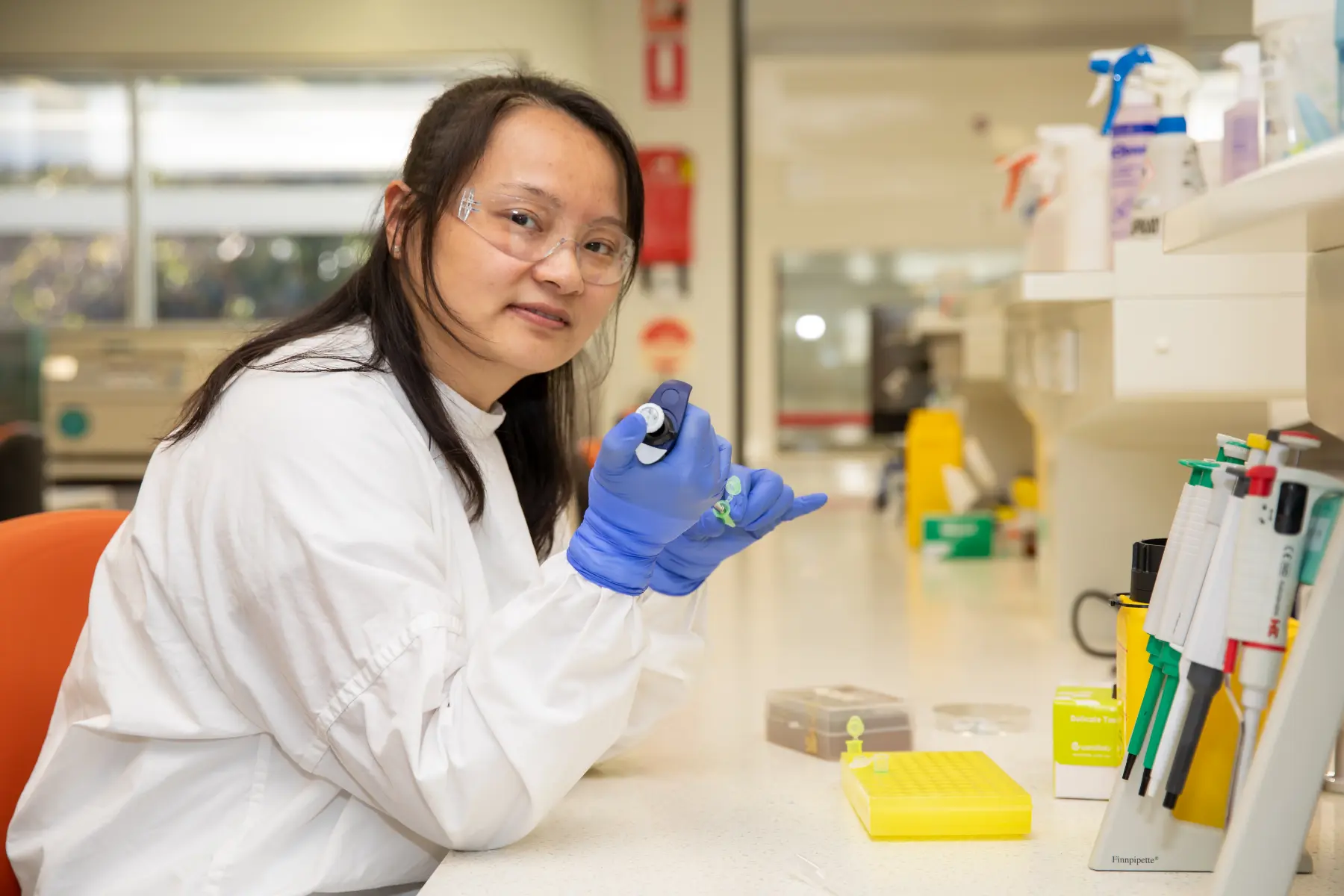
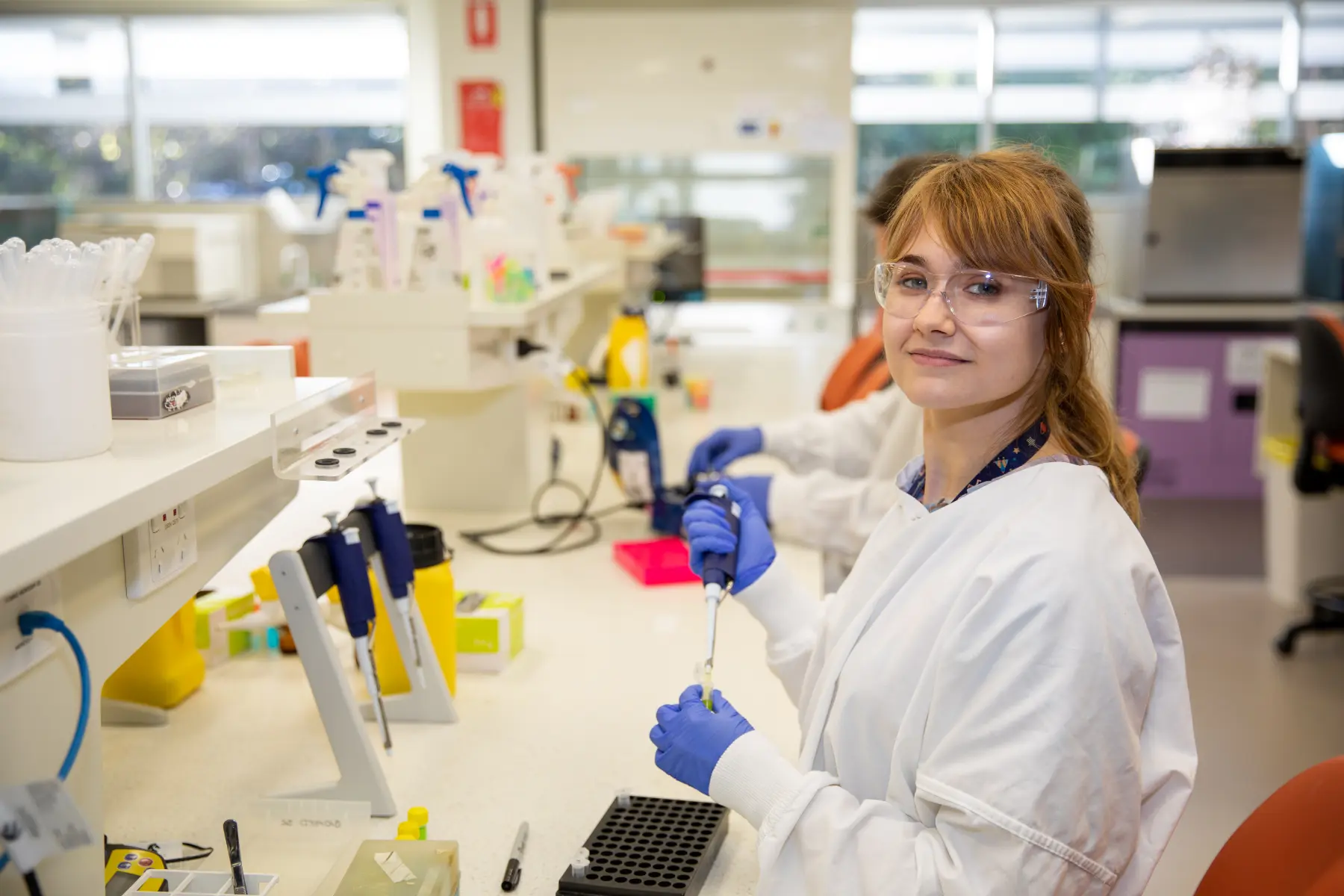
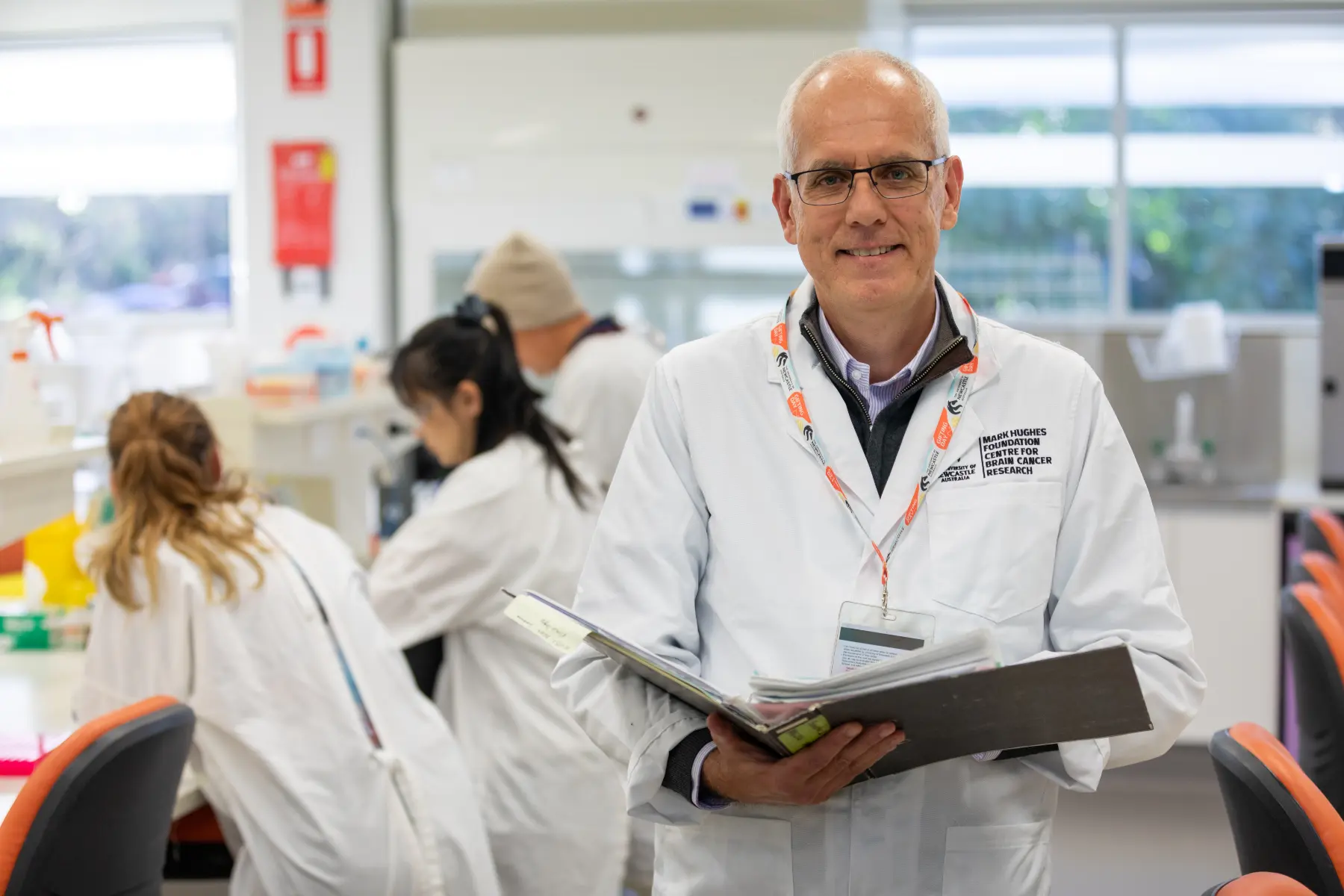
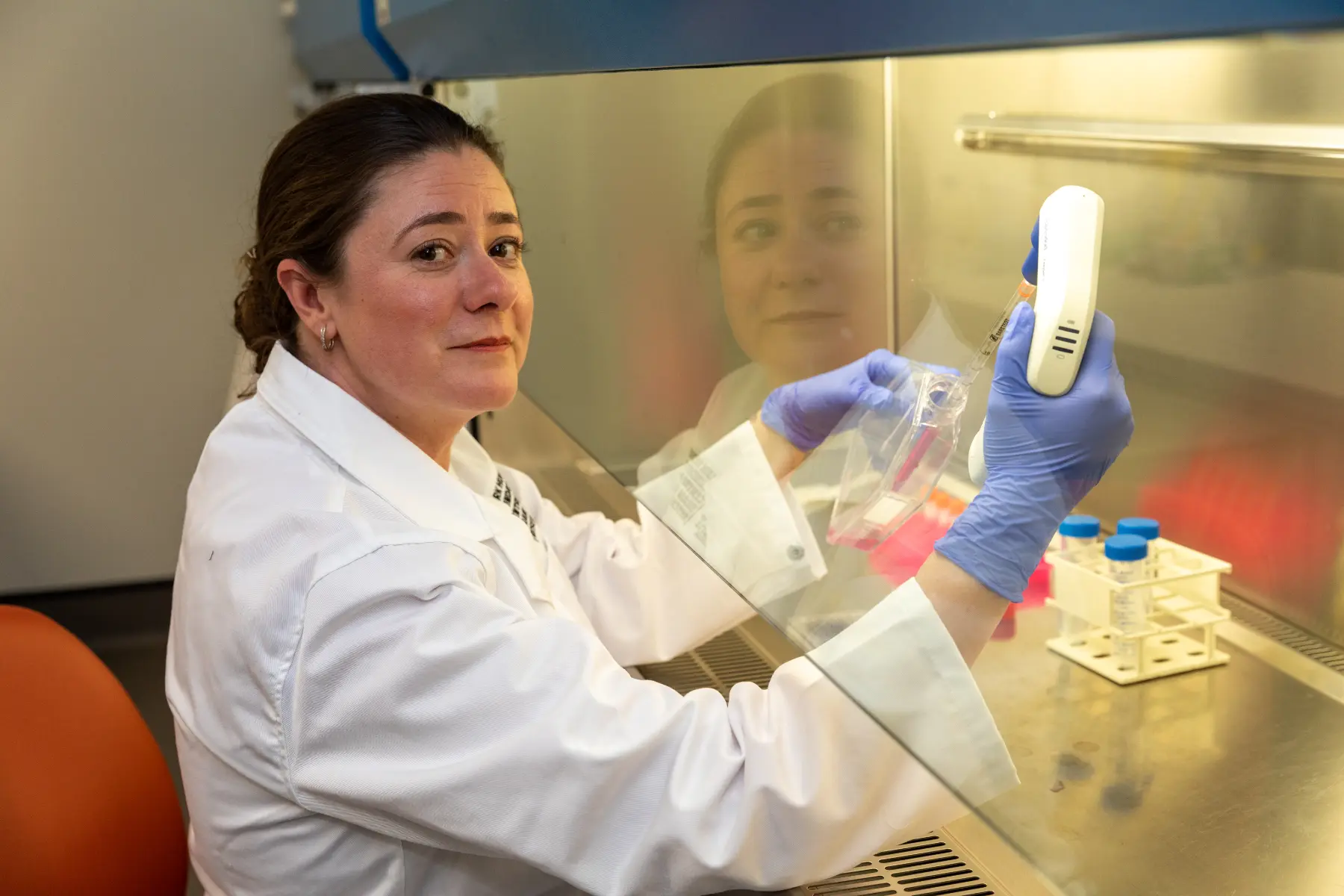
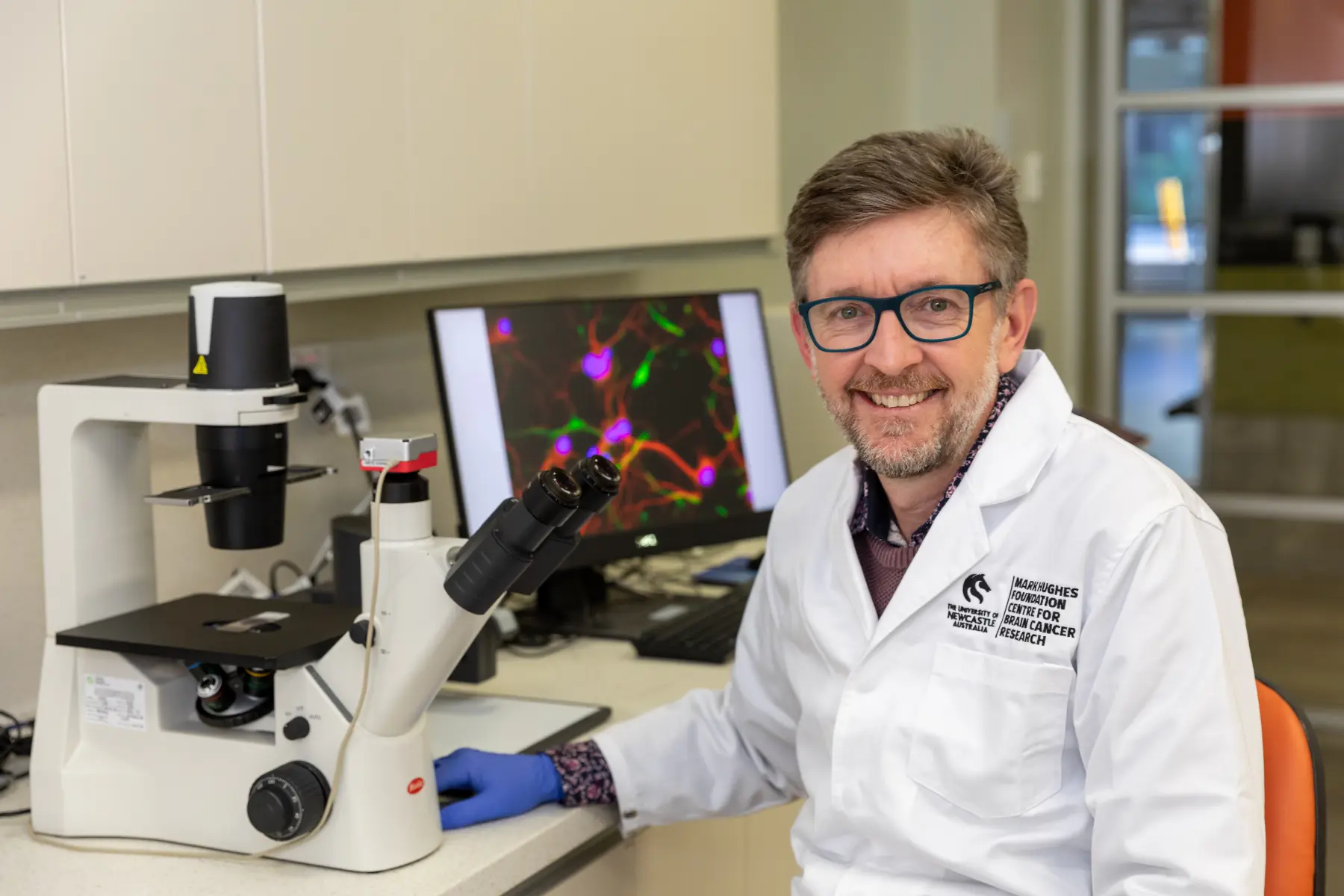
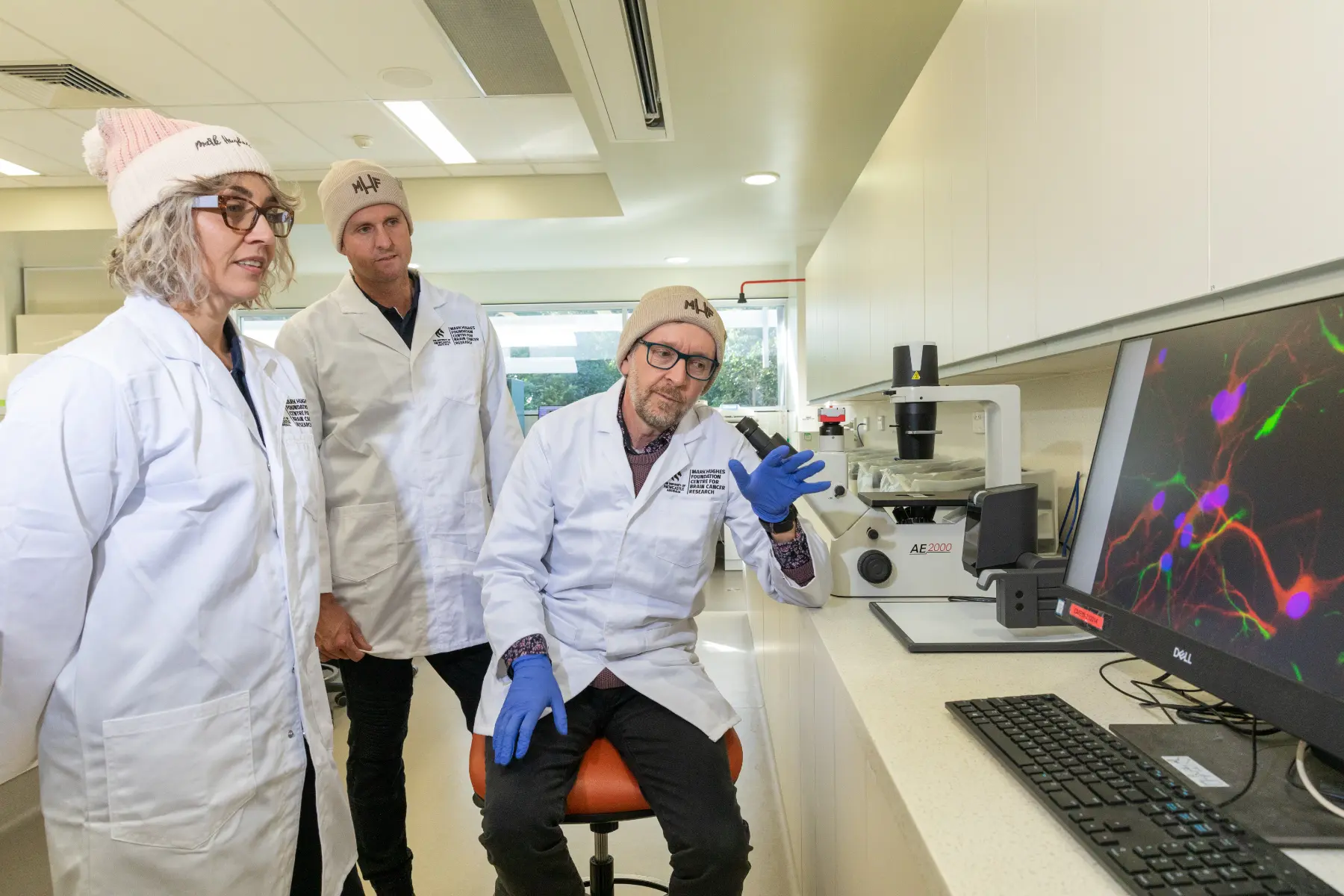
Brain cancer is the leading cause of cancer death in children, and adults aged under 40 in Australia, yet alarmingly very little is known about brain cancer, its causes or how it is treated.
That’s why we need your help. Every dollar helps in the fight against brain cancer. Your donation will go towards vital research to improve patient treatments and, hopefully, find a cure one day.
All donations of $2 or more are tax deductible.